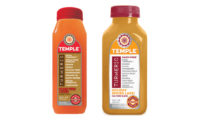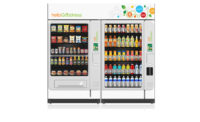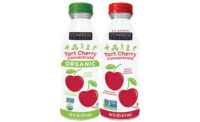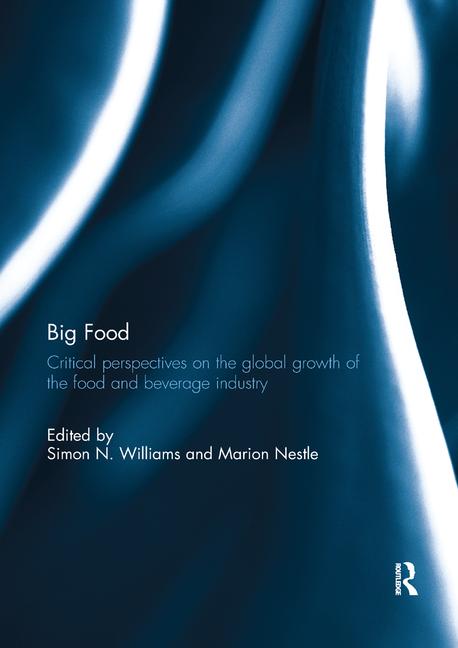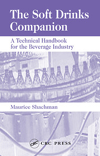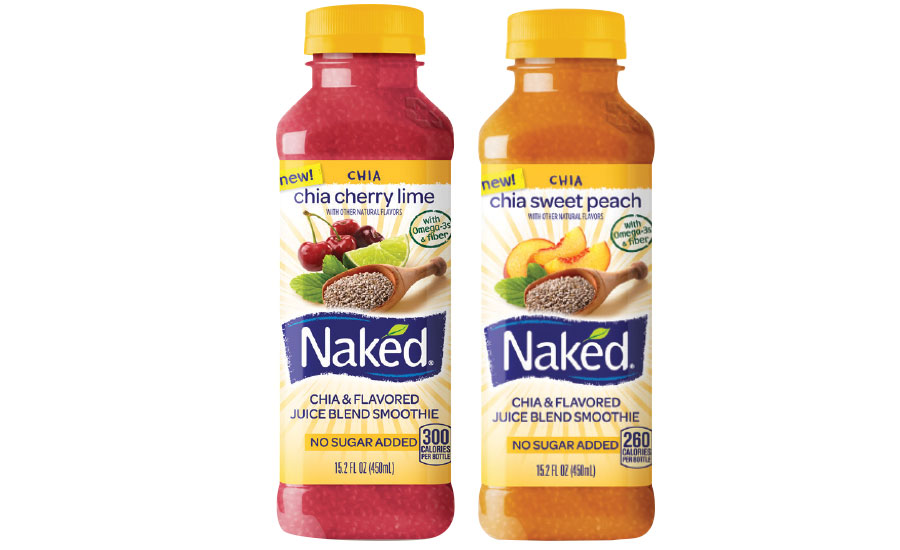2015 State of the Beverage Industry: Juices play up their health benefits
Coconut water growing in popularity








Consumers know that consuming fruits and vegetables is important, but nearly half believe they do not consume enough, according to a 2014 infographic from the Produce for Better Health Foundation (PBH), Hockessin, Del. The U.S. Department of Agriculture’s Center for Nutrition Policy and Promotion recommends that Americans consume 1 to 2 cups of fruit and 1 to 3 cups of vegetables each day, depending on age, sex and level of physical activity. However, PBH’s survey found that these consumers eat less than a cup of fruits and less than a cup of vegetables each day, as reported in Beverage Industry’s January issue.
The PBH study also found that consumers with annual incomes of less than $50,000 were more likely to rate 100 percent fruit juices and 100 percent vegetable juices as healthy, compared with consumers who make more than $50,000 annually. However, the PBH infographic reported that 100 percent juices are both an economical and nutritious form of fruit and/or vegetable consumption.
Analysts recommend that juice brands amp up their health image by adding nutrient-dense pulp, a fresh-squeezed quality, portion control or other premium attributes. “While overall volumes remain in decline, … organic 100 percent juices demonstrated high single-digit value growth for the year,” said Howard Telford, beverages analyst at Euromonitor International, Chicago, in Beverage Industry’s January issue.
Telford points to Purchase, N.Y.-based PepsiCo Inc.’s Naked brand as an example of a premium juice driving segment growth. The brand was the top performer in the refrigerated juice and juice drink smoothies segment and marked 9 percent sales growth to more than $470 million in the 52 weeks ending May 17, according to data from Information Resource Inc. (IRI), Chicago.
Overall, smoothies remain popular for home consumption, and the segment continues to see robust sales of premium blenders, Euromonitor’s Telford said. The refrigerated juice and juice drink smoothies segment grew 6.7 percent to more than $842 million in the 52 weeks ending May 17, in IRI-measured channels.
Cold-pressed juices also have been a key innovation area within the premium juice segment, Telford noted. For example, within the refrigerated apple juice
segment, ‘tude cold-pressed juice reported nearly 479 percent growth in the 52 weeks ending May 17, in IRI-measured channels. The Federal Way, Wash.-based Fresh Matters LLC brand made its seasonal Honeycrisp apple juice a year-round option, adding to the brand’s five other apple juices and 10 apple-and-fruit-juice blends.
Building on the healthful preferences of consumers, coconut water is a bright spot in the juice category, according to experts. The segment has nearly doubled its sales every year since 2004, Los Angeles-based IBISWorldnoted in its October 2014 report “Juice Production in the US.” New York-based All Market Inc., doing business as Vita Coco, leads the U.S. coconut water market, with more than $167 million in sales, a 19 percent increase for the previous year in the 52 weeks ending May 17, according to IRI.
Although healthy, premium attributes are a big part of the consumer purchase decision in the juice and juice drinks category, taste rules, Mintel reported. Seventy-seven percent of surveyed consumers aged 18 and older said they buy juice and juice drinks because they like their tastes, according to Mintel’s report. This means that promoting good-tasting products will be important if brands want to attract the widest array of consumers, it advises.
New to the top aseptic juice category is Capri Sun, which notched dollar sales of $45 million, a 26 percent increase over the previous year in the 52 weeks ending May 17, IRI data shows. It also earned 9.3 percent of the total market share, the market research firm reports.
In the future, Mintel expects the overall juice and juice drinks category to turn around as it evolves toward more healthful, calorie- and sugar-conscious options, explores flavor innovations, and meets the needs of key consumer demographics. However, future growth will depend on the category’s ability to present products as convenient and affordable alternatives to competing beverage options, it says.
Looking for a reprint of this article?
From high-res PDFs to custom plaques, order your copy today!



